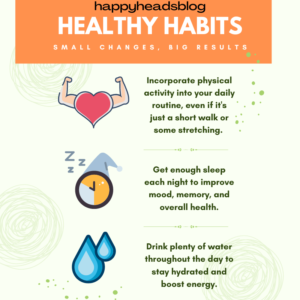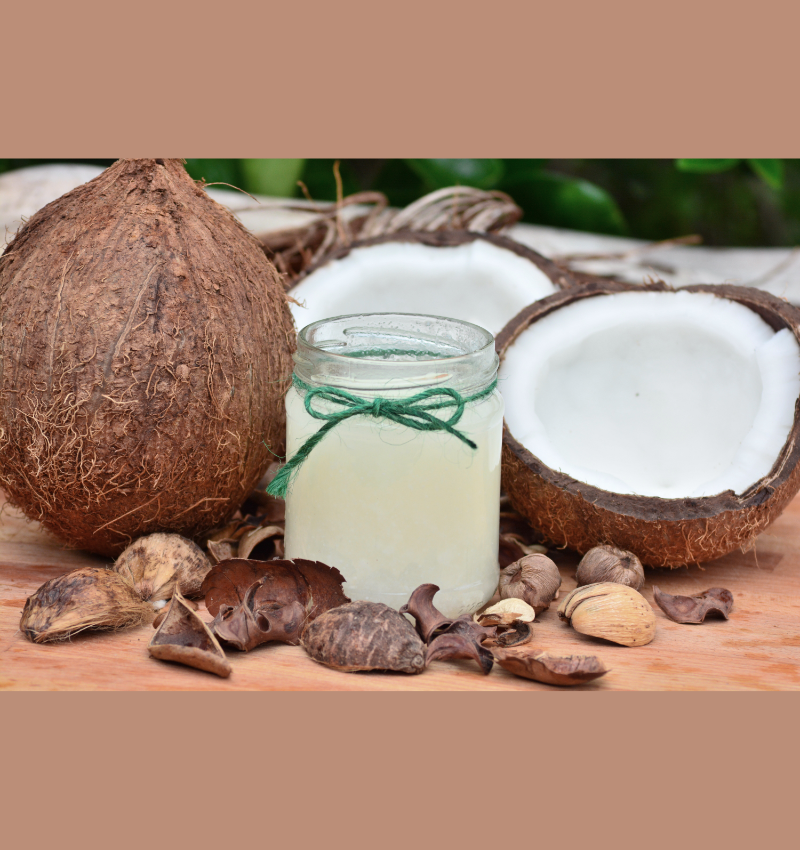WHAT IS OIL PULLING?
Oil pulling is a traditional Ayurvedic practice that involves swishing oil around in the mouth for 15-20 minutes to improve oral and overall health. This practice has gained popularity in recent years, as people seek natural solutions for common health problems.
The most commonly used oils for oil pulling are coconut, sesame, and sunflower oil. When swished in the mouth, the oil mixes with saliva and binds to harmful bacteria, viruses, and other toxins in the mouth. The oil is then spat out, along with the toxins, leaving the mouth feeling cleaner and fresher.
Oil pulling is believed to have several benefits for oral health, including reducing bad breath, preventing cavities, and improving gum health. Some studies have also shown that oil pulling can reduce the amount of harmful bacteria in the mouth, which can lead to a healthier oral microbiome.
In addition to oral health benefits, oil pulling is believed to have many overall health benefits as well. Some proponents of oil pulling claim that it can improve skin health, boost immunity, and even aid in weight loss.
While oil pulling is generally considered safe, it’s important to note that it is not a substitute for regular oral hygiene practices like brushing and flossing. It’s also important to choose a high-quality oil and to spit it out after use, as swallowing the oil can lead to digestive issues.
While oil pulling was traditionally practised in India and other parts of Asia, it has gained popularity in recent years in many other parts of the world, particularly in Western countries where natural and alternative health practices are becoming more mainstream.
Many celebrities and influencers have also promoted the practice of oil pulling, which has helped to raise its profile and popularity in recent years.
In conclusion, oil pulling is a simple and natural practice that can have a positive impact on oral and overall health and can be a useful addition to a holistic approach to health and wellness
You can read more here about oil pulling studies: Oil pulling for maintaining oral hygiene – A review – PMC.
INTERESTING FACTS ABOUT OIL PULLING
1. Oil pulling is believed to have originated in India over 3,000 years ago as a traditional Ayurvedic practice called “Kavala” or “gandusha”.
2. In Ayurvedic medicine, different oils are used for different purposes. For example, sesame oil is often used for its anti-inflammatory properties, while coconut oil is believed to have antimicrobial and antifungal properties.
3. Some practitioners of oil pulling recommend using a tongue scraper after swishing the oil around in your mouth to help remove any remaining toxins and bacteria.
4. Oil pulling is often recommended as a complementary practice to other natural health remedies, such as herbal supplements or acupuncture.
5. Oil pulling is believed to promote relaxation and reduce stress by stimulating the parasympathetic nervous system.
6. Some people report that oil pulling helps improve the appearance of their teeth by reducing staining and promoting a brighter, whiter smile.
7. The practice of oil pulling has gained popularity in recent years as a natural and alternative way to improve oral health and overall wellness.
8. Some proponents of oil pulling claim that it can help treat a variety of health conditions, such as allergies, acne, and chronic fatigue syndrome, although more research is needed to confirm these claims.
9. While oil pulling is generally considered safe, some people may experience side effects such as nausea or upset stomach, and it may not be suitable for people with certain medical conditions, such as mouth ulcers or gum disease.
10. Oil pulling can be done at home with simple and affordable ingredients, making it an accessible and convenient natural health practice.
11. Oil pulling is believed to work by binding to the harmful bacteria and toxins in the mouth, which are then removed by spitting out the oil. This can help improve overall oral health and reduce the risk of tooth decay, gum disease, and bad breath.
12. Some people may experience detox symptoms when they first start oil pulling, such as headaches, nausea, or increased congestion. These symptoms usually subside after a few days, as the body adjusts to the practice.
13. While there is limited scientific research on the benefits of oil pulling, some studies have shown that it may help reduce levels of harmful bacteria in the mouth and improve overall oral hygiene.
14. In addition to oral health benefits, some people have reported improved skin health, reduced inflammation, and better digestion after practising oil pulling regularly.
15. Oil pulling is a safe and affordable practice that can be done at home, and is often recommended as a complementary therapy by natural health practitioners.
BENEFITS OF OIL PULLING
1. Improved Oral Health: Oil pulling can help reduce bad breath, prevent cavities, and improve gum health. The oil binds to harmful bacteria in the mouth, which can lead to a healthier oral microbiome.
2. Natural Teeth Whitening: Oil pulling can help remove stains from the teeth, leading to a brighter, whiter smile.
3. Reduced Inflammation: Oil pulling has been shown to reduce inflammation in the mouth, which can be beneficial for those with conditions like gingivitis and periodontitis.
4. Boosted Immune System: Some proponents of oil pulling claim that it can boost the immune system by removing toxins from the body.
5. Skin Health: Oil pulling is believed to improve skin health by removing toxins from the body and promoting a healthy immune system.
6. Headache Relief: Oil pulling may help relieve headaches by reducing inflammation in the body and promoting relaxation.
7. Improved Digestion: Oil pulling is believed to improve digestion by promoting a healthy oral microbiome and reducing harmful bacteria in the gut.
8. Reduced Risk of Heart Disease: Some studies have shown that oil pulling can help reduce the risk of heart disease by improving lipid levels in the blood.
9. Improved Sinus Health: Oil pulling can help remove mucus and bacteria from the sinuses, leading to improved sinus health and reduced congestion.
10. Hormonal Balance: Some proponents of oil pulling claim that it can help balance hormones and improve fertility by removing toxins from the body.
11. Reduced Risk of Respiratory Infections: Oil pulling may help reduce the risk of respiratory infections by removing harmful bacteria from the mouth and throat.
12. Improved Sleep: Oil pulling may promote relaxation and improve sleep by reducing inflammation in the body and promoting a healthy oral microbiome.
13. Reduced Joint Pain: Oil pulling has been shown to reduce inflammation in the body, which can help alleviate joint pain.
14. Mental Clarity: Some people report improved mental clarity and focus after practicing oil pulling, possibly due to its ability to remove toxins from the body.
15. Overall Detoxification: Oil pulling is believed to help remove toxins from the body by binding to them in the mouth and removing them when the oil is spat out.
While more research is needed to confirm some of these potential benefits, many people report positive results from practicing oil pulling regularly.
As with any health practice, it’s important to consult with a healthcare professional before trying oil pulling, especially if you have any underlying health conditions or concerns.

Oil pulling is easy to do and involves just a few simple steps.
How to do oil pulling
1. You will need one tablespoon of oil, such as coconut, sesame, or olive oil (we use coconut oil)
2. Swish it around your mouth for about 15–20 minutes, being careful not to swallow any. (we usually go off and do a few bits and bobs whilst we do this)
3. Spit the oil into a bin or some tissue once you’re done. As this can clog up your sink or toilet.
4. Rinse your mouth well with water before eating or drinking anything.
You can do this a few times per week. You may also want to work your way up, starting with swishing for just 5 minutes and increasing the duration until you’re able to do it for a full 15–20 minutes.
For best results, we recommend doing this first thing in the morning on an empty stomach, although you can adapt this based on your personal preferences.
Overall, oil pulling can be a simple and affordable way to improve oral health and promote overall wellness.
It’s a natural and chemical-free alternative to traditional dental care products and can be done at home with just a few basic ingredients.
However, it’s important to note that oil pulling is not a substitute for regular dental care practices, such as brushing and flossing, and should not be used as a primary treatment for any medical conditions.
